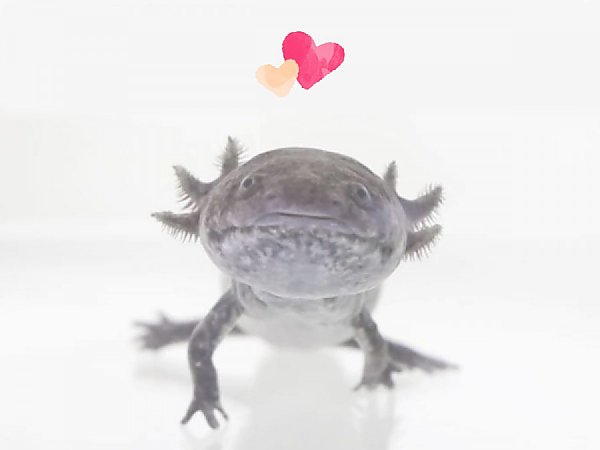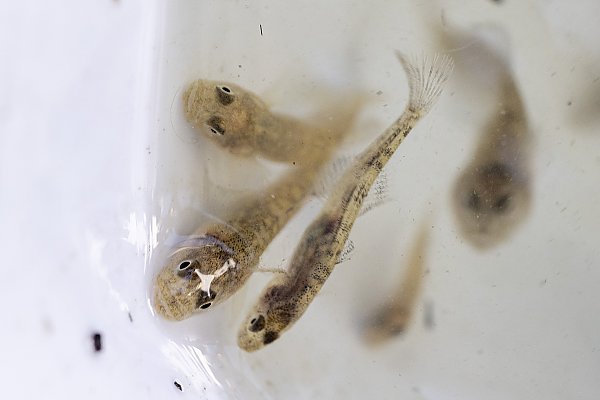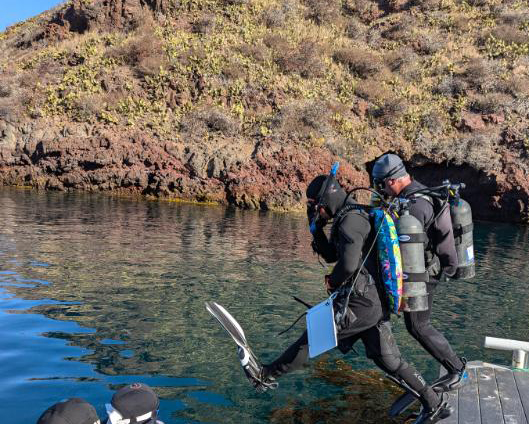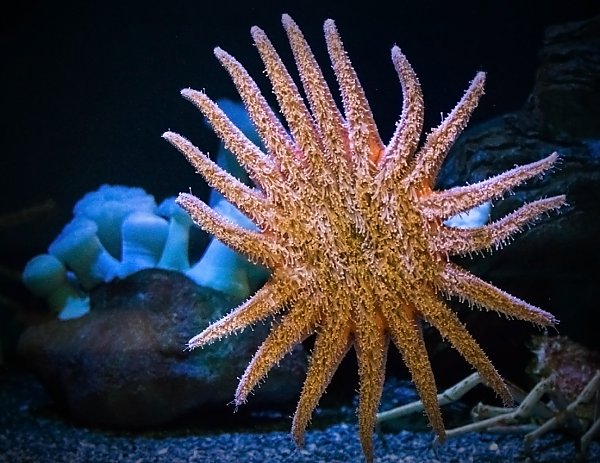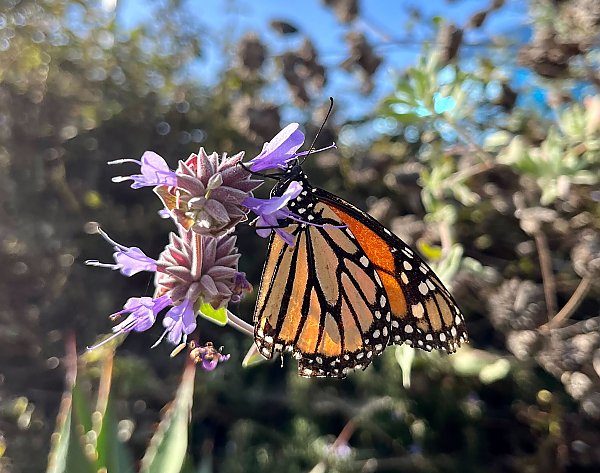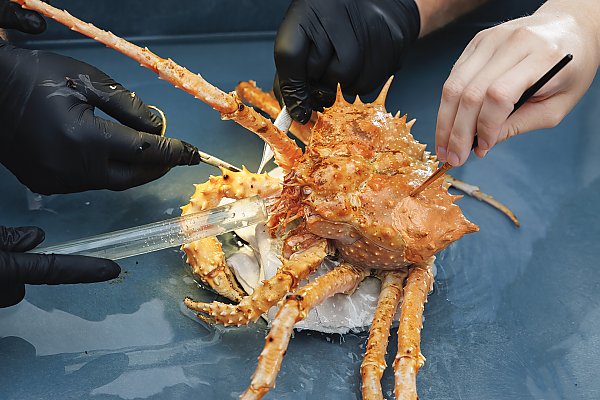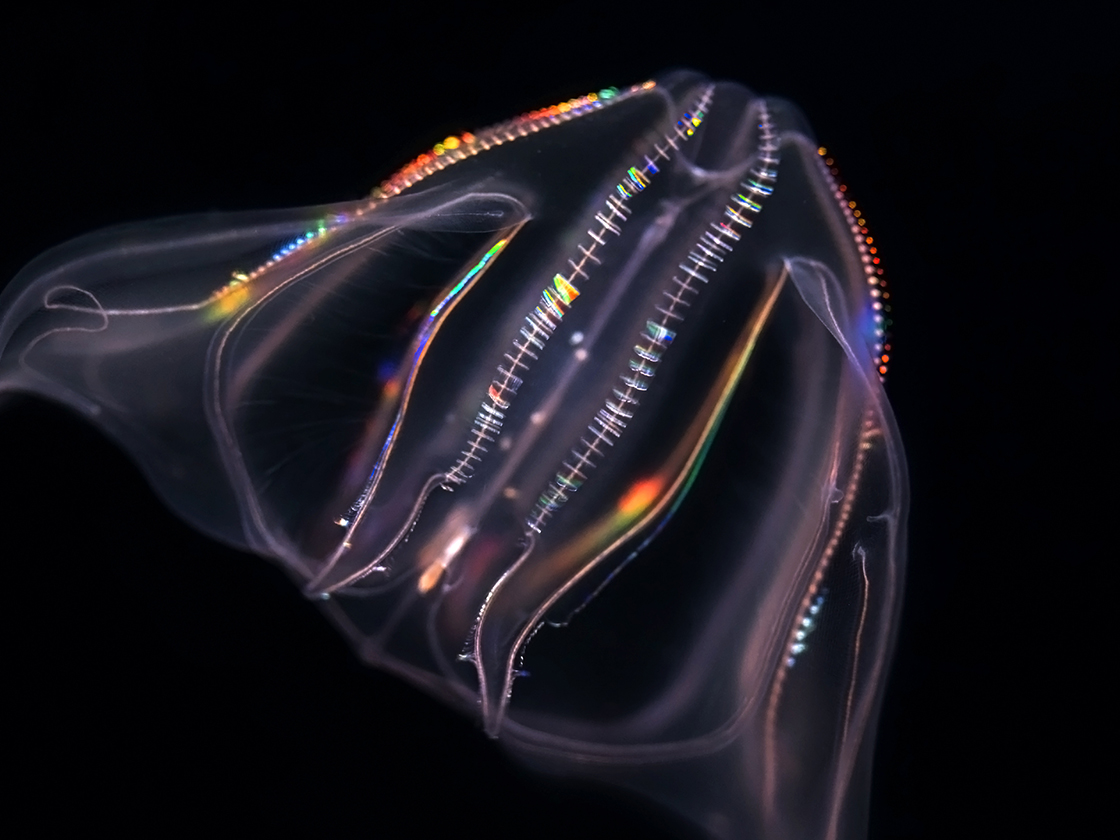October 29, 2015
Seafood for the Future (SFF), the Aquarium’s sustainable seafood program, recently launched public outreach efforts to raise awareness of the vaquita, an endangered small porpoise native to the Gulf of California. These efforts included hosting a panel of experts at the Aquarium as part of its Guest Speaker Series and helping to create a PSA about the vaquita. With fewer than 100 individuals remaining, the vaquita is the most endangered marine mammal in the world and has the potential to represent a story of tragedy or of a hopeful future.
The Vaquita and the Totoaba
The vaquita has a very limited range, living only in the northern portion of the Gulf of California. Within these Mexican waters, the vaquita is often unintentionally caught in gillnets set to harvest shrimp and other species. This “incidental take” of vaquita is the primary threat to its survival.
The vaquita’s future is directly tied to one fish species in particular—the totoaba. The totoaba is an endangered species in the croaker family, and like the vaquita, only lives in the upper Gulf. The gillnets set for this large fish often catch vaquitas as well, killing them faster than they can reproduce. The totoaba is targeted to meet the growing demand for its swim bladder in Asia, used in soups that are thought to be a remedy for skin conditions, infertility, and poor circulation. Mexican cartels are purported to control this illegal and lucrative trade of totoaba swim bladders, paying fishermen and sneaking the contraband into California to be shipped to China, where the swim bladders are reportedly sold at a price of around $4,000 per pound.
The Mexican government jumped into action in 2015, instituting a two-year ban on all gillnet fishing within the vaquita’s range. Additionally, the government provided increased enforcement through military presence aided by drones and satellites to monitor the protected area. Despite these efforts, illegal totoaba fishing continues.
Hope for the Future
There is still hope, however. If the gillnet ban becomes successful, it is likely the vaquita population will recover, as research indicates that the species is not susceptible to issues associated with inbreeding and their habitat appears to be healthy. And two other species found off the coast of Baja California, the northern elephant seal and gray whale, have recovered from low population numbers as a result of successful protections enforced by the Mexican government.
Additionally, vaquita-safe technology, used infrequently in the past because these nets are less effective at catching target species, may be on the rise. The gillnet ban has given researchers an opportunity to inform conservation efforts and improve the development of vaquita-safe alternative gear types to ensure fishermen are able to generate sufficient income while simultaneously reducing their impact on the vaquita population. The Mexican government is providing financial compensation to fishermen for losses incurred from this ban, helping fishermen in the region change their practices to produce “vaquita friendly” seafood through the use of alternative gear. The recovery of the vaquita would not only represent its own success, but also the improvement of fishing in the area. This program has already resulted in important changes within the fishing industry of the region, including improved coordination between fishery managers and researchers, fishermen, and environmental agencies.
The vaquita provides a message for consumers—it is important to choose responsibly sourced seafood and support fishermen working hard to provide sustainable seafood. In the near future, we are expecting to see a vaquita-safe logo for fish caught by fishermen using alternative gears hit the market. Stay tuned! You can also support groups working to protect the vaquita.The Aquarium of the Pacific is working with a growing number of supporting institutions in the U.S. and Mexico to share the vaquita’s story with the public. San Diego Zoo Global, World Wildlife Fund Mexico, and Pronatura are three goups working in the communities in Mexico that surround the vaquita habitat in the Northern Gulf of California.
This story has included a tragic beginning, but has become one of collaboration among stakeholders and passionate fishermen working hard to save this species and ensure a future of fishing for generations to come.
Learn more about the vaquita’s story from the experts. Watch the panel discussion, Saving the World’s Most Endangered Marine Mammal–The Vaquita featuring: Dr. Sarah Mesnick, NOAA Fisheries; Dr. Enrique Sanjuro, WWF Mexico; Dr. Rebecca Lent, Marine Mammal Commission; and Chef Robert Ruiz, Land & Water Company.
